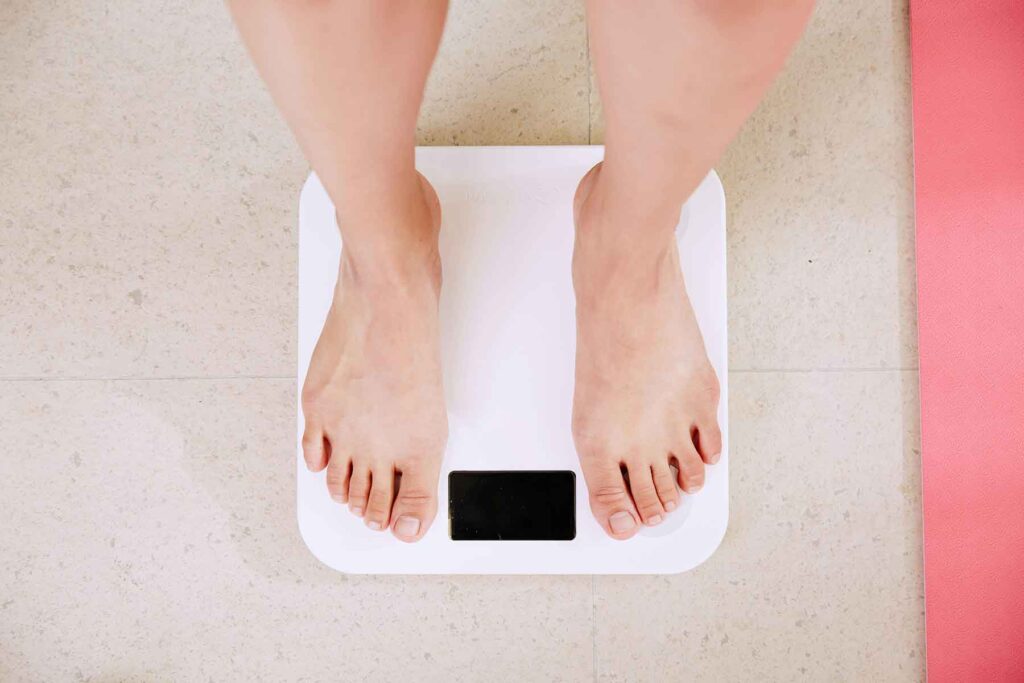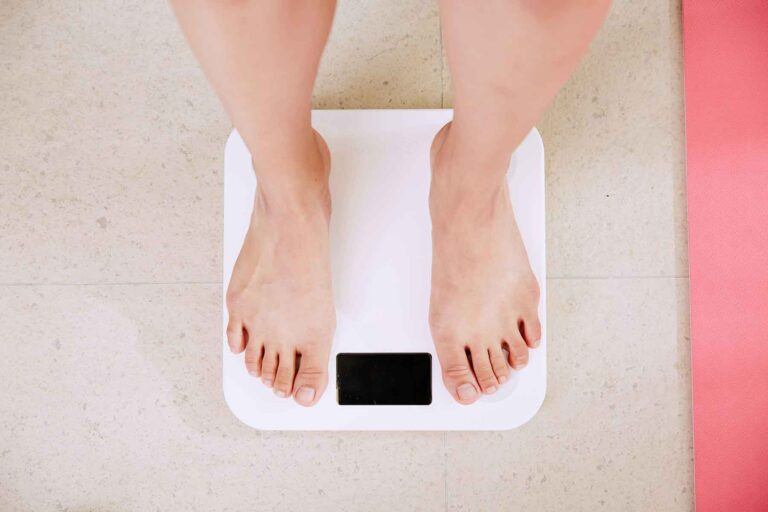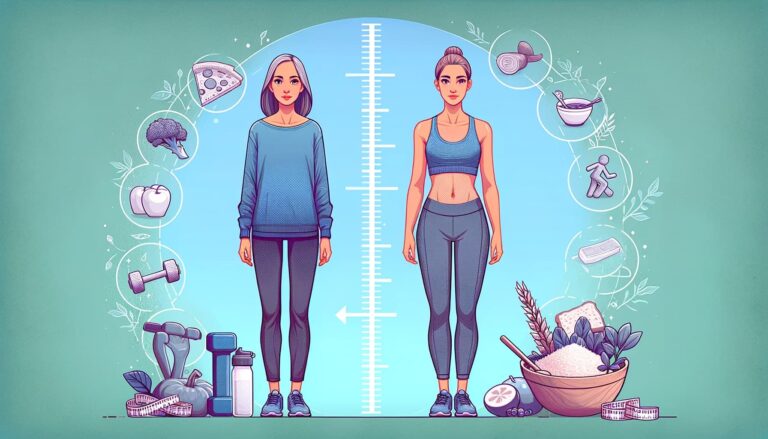
4 Strategic Weight Loss Tips for your Health and wellness
Visit these pages and apps to continuous your journey.
Our focus on proven weight loss tips extends to incorporating various exercises, including yoga and walking, tailoring solutions to your lifestyle. This in-depth exploration is aimed at not only addressing immediate goals but also fostering long-term well-being. With our guide, you’re not just receiving information; you’re gaining a personalized roadmap to a healthier, happier you. Take the first step toward a sustainable and transformative health experience today. A safe and sustainable rate of weight loss is typically 1-2 pounds per week, which can be achieved through a healthy diet and regular exercise.
Unlocking Wellness: the Best Foods Strategies and Effective Weight Loss tips
Here is the best foods and nutrients for weight loss, including recommended quantities:
Leafy Greens: Incorporate generous servings of spinach, kale, and Swiss chard into your meals. Aim for at least two cups of leafy greens per day. These leafy greens are low in calories, typically ranging from 10 to 20 calories per cup.
Lean Proteins: Opt for lean protein sources like chicken, turkey, tofu, or legumes. Include a palm-sized portion (about 3-4 ounces) in each meal. This provides approximately 120-150 calories for poultry, tofu, or legumes.
Whole Grains: Choose whole grains such as quinoa, brown rice, and oats. Consume about ½ to 1 cup of cooked whole grains per meal. Depending on the type, whole grains contribute around 100-200 calories per serving.
Healthy Fats: Include sources of healthy fats like avocados, nuts, and olive oil. Limit portion sizes to a small handful of nuts or a quarter of an avocado. This adds around 80-100 calories for nuts and 60-70 calories for a quarter of an avocado.
Fruits: Enjoy a variety of fruits, such as berries, apples, and citrus fruits. Aim for 1-2 servings of fruit per day. Fruits generally range from 40 to 100 calories per serving, depending on the type and size.
Vegetables: Load up on colorful vegetables like bell peppers, broccoli, and carrots. Consume at least 2-3 cups of vegetables daily. Most vegetables are very low in calories, usually ranging from 20 to 50 calories per cup.
- Hydration with Water: Don’t underestimate the power of water in your weight loss journey. Aim for at least 8 glasses (64 ounces) of water per day. Staying well-hydrated not only supports overall health but can also help control hunger, boost metabolism, and enhance the effectiveness of your weight loss efforts. Consider drinking a glass of water before meals to promote a feeling of fullness and prevent overeating.
Optimizing Your Fitness: Best Exercises for Weight Loss
Exercises is the best way to weight loss. When it comes to shedding extra pounds, incorporating effective exercises into your routine is key. Here are some of the best exercises, including specific ones for weight loss and targeting the tummy:
1. Cardiovascular Exercises:
- Brisk Walking: An excellent low-impact exercise that’s easy to incorporate into daily life.
- Running or Jogging: Boosts calorie burn and helps improve cardiovascular health.
- Cycling: Whether outdoors or stationary, cycling engages major muscle groups and enhances stamina
2. High-Intensity Interval Training (HIIT):
- Burpees: Combines strength and cardio for an intense full-body workout.
- Jumping Jacks: Elevates heart rate quickly, promoting calorie burn.
- Sprinting Intervals: Alternating between short bursts of intense effort and rest periods.
3. Strength Training:
- Weight Lifting: Builds lean muscle mass, increasing the body’s calorie-burning capacity.
- Bodyweight Exercises: Include squats, lunges, and push-ups for effective strength training without equipment.
- Tummy Exercises: Incorporate planks, crunches, and leg raises to target and tone abdominal muscles.
4. Yoga:
- Vinyasa Flow: Combines breath and movement, promoting flexibility and strength.
- Power Yoga: A more dynamic form of yoga that can elevate heart rate and aid in weight loss.
5. Group Classes:
- Dance Workouts: Fun and energetic dance classes can be effective for weight loss.
- Spin Classes: High-intensity cycling classes for cardiovascular fitness.
6. Swimming:
- Lap Swimming: Offers a full-body workout with minimal impact on joints.
- Water Aerobics: Combines resistance training and cardio in a low-impact environment.
Remember, consistency is key in any exercise routine because the exercise routine consistency is at the top best weight loss strategies. Mix and match different exercises, including dedicated tummy exercises, to keep your routine engaging and effective for your weight loss goals.
Weight Loss Reasons: the Factors Behind Your Journey
Starting to lose weight is like solving a puzzle – there are many pieces that connect. This guide helps you understand all the different weight loss reasons behind weight loss in a clear and complete way.
1. Sleep and Weight Loss:
Getting a good night’s sleep is super important, especially when it comes to keeping our bodies healthy. Think of sleep like a superhero for our metabolism! When we sleep well, our body balances special hormones that control our hunger and fullness.
Now, if we don’t get enough sleep, these hormones get a bit mixed up. The “hungry” hormone (we call it ghrelin) gets a bit too excited, making us want to eat more, while the “full” hormone (leptin) takes a bit of a break, so we don’t feel satisfied. It’s like our body’s way of saying, “Hey, I need more energy because I didn’t get enough rest!”
But that’s not all – good sleep also helps our body handle sugar better, like a superhero keeping our energy levels in check. So, remember, getting enough sleep isn’t just about feeling less tired; it’s like giving our body the superhero boost it needs to stay healthy and keep our weight in check!
2. Age Factors Impacting Weight Loss: A Simplified Guide
Weight loss is a journey that varies greatly from person to person, and age is a significant factor that plays a crucial role in this process. If you’re feeling frustrated or confused about how your age is impacting your weight loss efforts, you’re not alone.
Age-Related Lifestyle Adjustments
As we get older, our lifestyle naturally changes. These changes can include reduced physical activity due to work commitments, family responsibilities, or physical constraints. Additionally, dietary habits may change, sometimes leading to less optimal food choices. Acknowledging these lifestyle shifts and adapting your weight loss strategies accordingly is crucial.
5 best Strategies for Effective Weight Loss at Any Age
- Adjust Your Caloric Intake: Recognize the need for fewer calories as you age. Focus on nutrient-dense foods that provide more nutrition per calorie.
- Incorporate Strength Training: To counter muscle loss, include strength training in your exercise routine. This helps maintain muscle mass, which is key for a healthier metabolism.
- Stay Active: Find physical activities that you enjoy and can sustain. Consistency is more important than intensity.
- Manage Stress: Stress can lead to hormonal imbalances that affect weight. Practice stress management techniques like meditation, yoga, or deep breathing exercises.
- Prioritize Sleep: Quality sleep is crucial for weight management. Aim for 7-8 hours of restful sleep each night.
3. Foods to Avoid for Weight Loss
- Sugary Beverages: Drinks like soda, sweetened tea, and sugary coffee drinks are high in calories and can contribute to weight gain.
- High-Calorie Junk Food: Foods like chips, cookies, and candy offer little nutritional value and are high in calories.
- Refined Grains: White bread, pasta, and other refined grains can contribute to weight gain.
- Highly Processed Foods: These often contain added sugars, unhealthy fats, and calories.
- Alcohol: Alcoholic beverages can be high in calories and may lead to weight gain.
- Fried Foods: High in calories and often contain unhealthy fats.
- High-Fat Dairy Products: Full-fat dairy can be high in calories.
FAQs
- Calorie Reduction: Consume fewer calories than what your body burns.
- Whole Foods Focus: Emphasize unprocessed foods like fruits, vegetables, lean proteins, and whole grains.
- Portion Control: Pay attention to portion sizes to avoid overeating.
- Reducing Sugar and Refined Carbs: Cut down on sugary snacks and refined carbohydrates.
- Increasing Protein and Fiber: Include more protein and fiber in your diet to enhance satiety.
- Staying Hydrated: Drink plenty of water for appetite control and overall health.
- Mindful Eating: Be aware of emotional eating triggers and try to manage them effectively.
Yes, stress and sleep patterns can significantly affect weight loss. Stress can lead to hormonal changes that increase appetite and cravings for unhealthy foods. It can also disrupt healthy eating and exercise habits. Similarly, poor sleep patterns can affect the hormones that regulate hunger and appetite, potentially leading to overeating.
Regaining weight is common due to factors like reverting to old eating habits, a decrease in metabolic rate after weight loss, and hormonal changes that can increase appetite and fat storage
Quick weight regain can happen if weight loss was rapid or involved extreme dieting, leading to a faster rebound in weight once normal eating resumes.
Walking is a great form of exercise for weight loss; increasing the intensity, duration, and frequency of walks can enhance its effectiveness.
A safe and sustainable rate of weight loss is typically 1-2 pounds per week, which can be achieved through a healthy diet and regular exercise.






